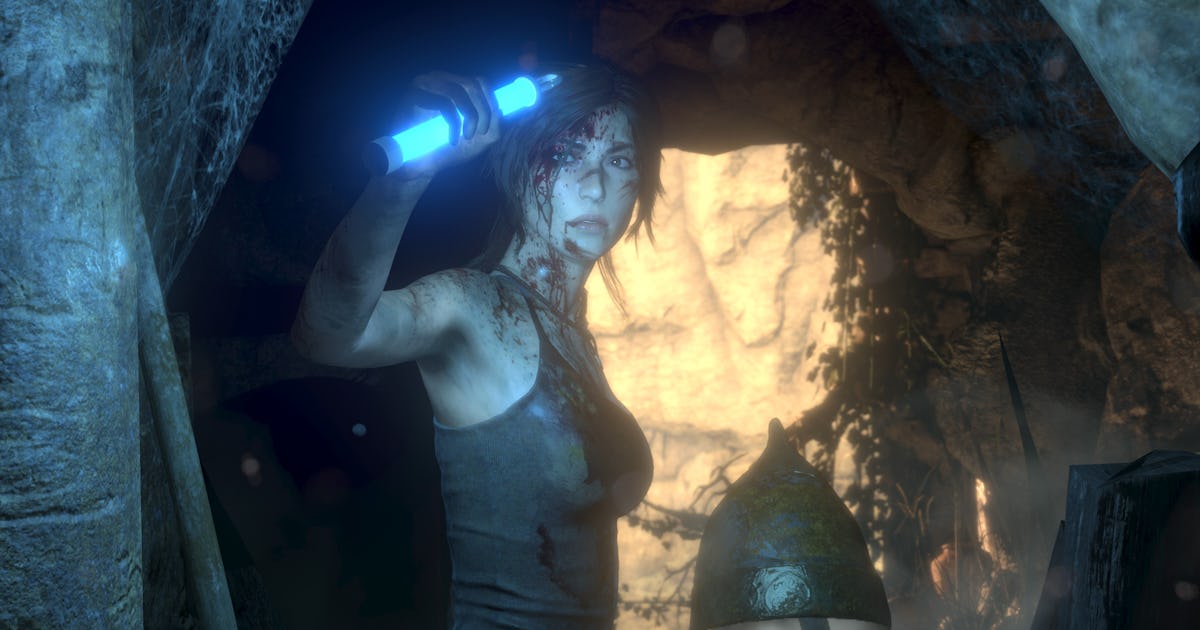'Tomb Raider' is Becoming a TV Series -- 'The Last of Us' Shows How It's Done
Amazon is pursuing a new Tomb Raider shared universe, signaling a boom in TV shows based on video games that are actually watchable.
Amid the success of The Last of Us at HBO, Amazon is hunting for a game adaptation of its own: Tomb Raider.
Continued here